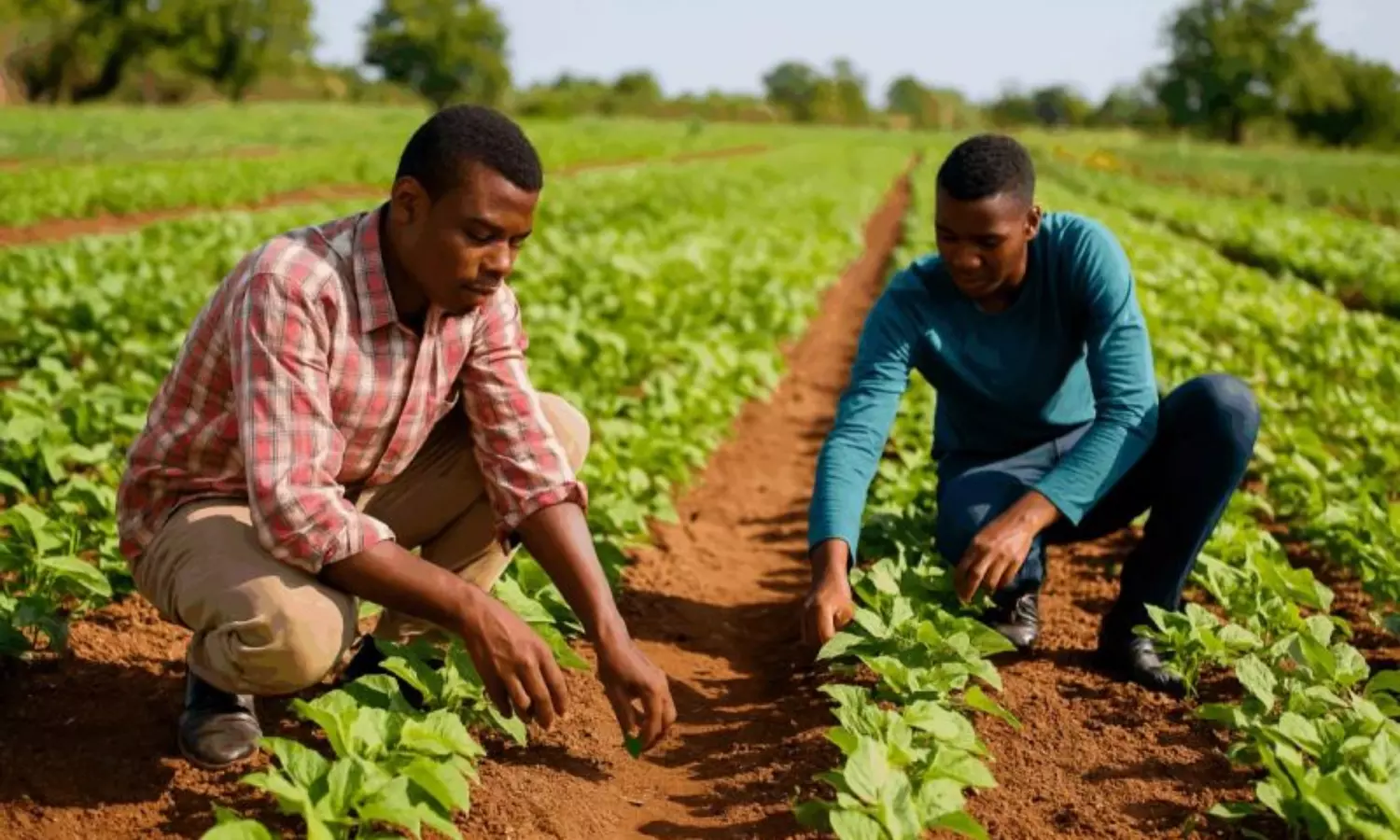Africa spices up trade with stronger supply chains
Aavishkaar Capital’s $5m loan to Horizon Group aims to expand farmer networks, drive processing, and grow Africa’s spice exports.

Africa’s agriculture and spice trade stand at the edge of a major shift as finance, innovation, and policy drive new growth. Horizon Group Africa has secured a $5 million loan from Aavishkaar Capital’s Global Supply Chain Support Fund (GSCSF) to scale operations. This is the fourth African investment from the $250 million fund, which is backed by Development Finance Institutions from Germany and Japan.
The move is expected to directly impact trade by lifting Africa’s position in global spice markets. Although the continent is home to some of the world’s leading spice producers, its global share has remained small. Nigeria, for example, produced 800,000 metric tons of ginger in 2020 but earned only $50 million in exports, while China generated more than $600 million from a smaller output. According to Darren Lobo, director at Aavishkaar Capital Africa, this shows how weak market access and value capture have held Africa back. With strategic investment, stronger partnerships, and more efficient operations, he believes Africa can significantly increase its spice export revenues.
A stronger focus on supply chain and logistics will be central to this growth. Lobo noted in an exclusive CNBC interview that Africa’s spice trade has been “forgotten in the global economy,” largely because the infrastructure behind it has been weak. Moving spices from smallholder farms to international buyers requires reliable roads, storage, transport, and certification systems. Without them, spices lose freshness, quality, and market value. The GSCSF aims to address these gaps by building resilient supply chains that link farmers directly to processors, exporters, and overseas markets.
Horizon Group, a key partner in the plan, works with farmers in Nigeria, Tanzania, and Madagascar who cultivate ginger, turmeric, black pepper, and cinnamon. The company currently earns around $20 million annually but expects to raise this to $50 million within five years. Its farmer network is set to expand from 3,000 to 10,000, ensuring more families benefit from trade. Strengthening logistics will allow these farmers to connect with high-value markets more efficiently and consistently.
Beyond logistics, the initiative focuses on value addition. Lobo pointed to Vietnam’s cashew industry as a model, where local processing has turned a small producer into a global leader. He said Africa must adopt a similar approach by investing in processing facilities for spices. This would allow the continent not only to grow spices but also to process, package, and brand them, ensuring higher returns.
Policy and regulation remain crucial. Dr Markus Aschendorf of German development bank KfW stressed that long-term investment depends on stable policies that support innovation and trade. Combined with finance and stronger supply chains, such frameworks could help Africa move from being a raw spice exporter to a leading player in the global spice economy.
If successful, these changes will not only boost African spice exports but also reshape supply chains and logistics across the region. With more efficient movement from farm to market, Africa can capture greater value, strengthen farmer incomes, and secure a stronger role in global trade.


